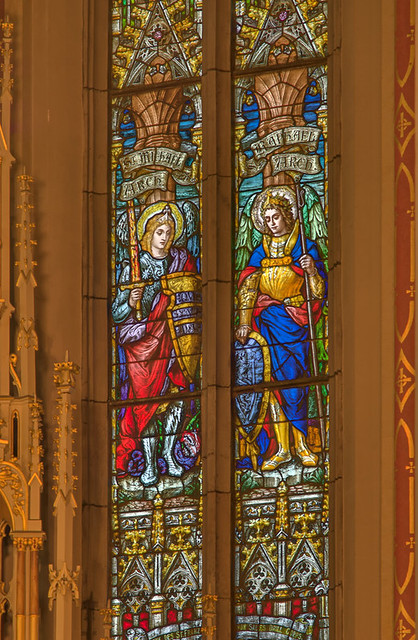
Detail of stained glass windows of Saints Michael and Raphael, at Saint Francis de Sales Oratory. Photo taken today after Mass.

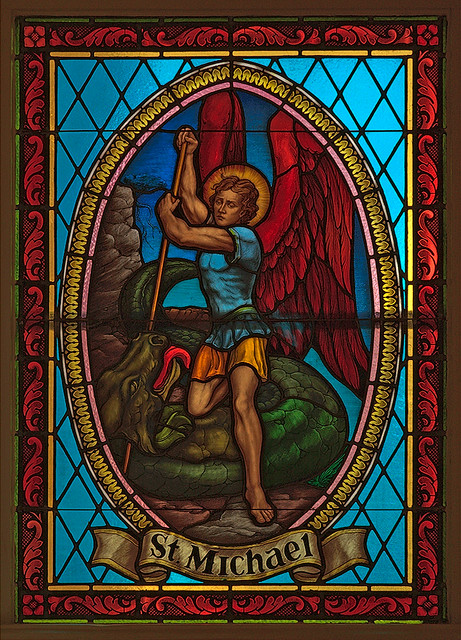
“...we must say under what holy figures the descriptions in the sacred writings portray those Celestial Orders, and to what kind of purity we ought to be guided through those forms lest we, like the many, should impiously suppose that those Celestial and Divine Intelligences are many-footed or many-faced beings, or formed with the brutishness of oxen, or the savageness of lions, or the curved beaks of eagles, or the feathers of birds, or should imagine that they are some kind of fiery wheels above the heavens, or material thrones upon which the Supreme Deity may recline, or many-coloured horses, or commanders of armies, or whatever else of symbolic description has been given to us in the various sacred images of the Scriptures.” (St. Dionysius the Areopagite, Celestial Heirarchy)In Aristotelian philosophical terms, angels are pure formal cause, without material cause. The Formal Cause is the form or pattern of a thing, and a thing's identity is based on its pattern. The Material Cause is the matter from which a thing is made, for example, the material cause of a house could be wood and bricks, while the formal cause of the house is its design. A pile of bricks is not a house, since it lacks form.
“It is, further, impossible for an intellectual substance to have any kind of matter. For the operation belonging to anything is according to the mode of its substance. Now to understand is an altogether immaterial operation, as appears from its object, whence any act receives its species and nature. For a thing is understood according to its degree of immateriality; because forms that exist in matter are individual forms which the intellect cannot apprehend as such. Hence it must be that every intellectual substance is altogether immaterial.”That angels apparently take bodily form is well-attested by Sacred Scripture, Sacred Tradition, and the lives of the Saints, but these are not to be considered true bodies and ought to be strongly contrasted with the Incarnation of Our Lord. Therefore these apparent bodies are not part of their true nature.

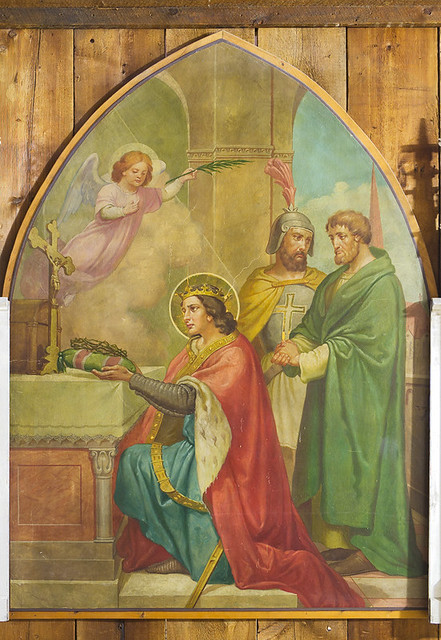
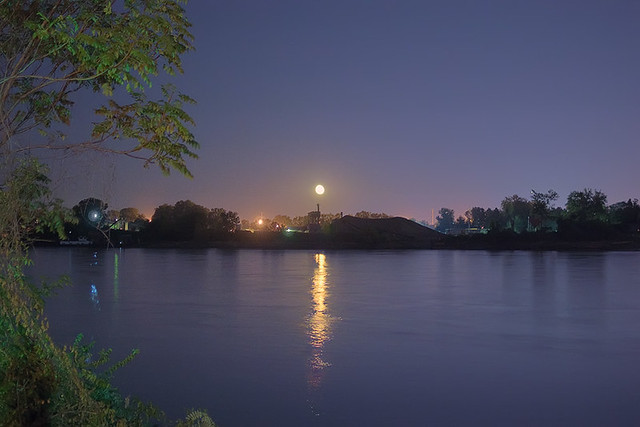
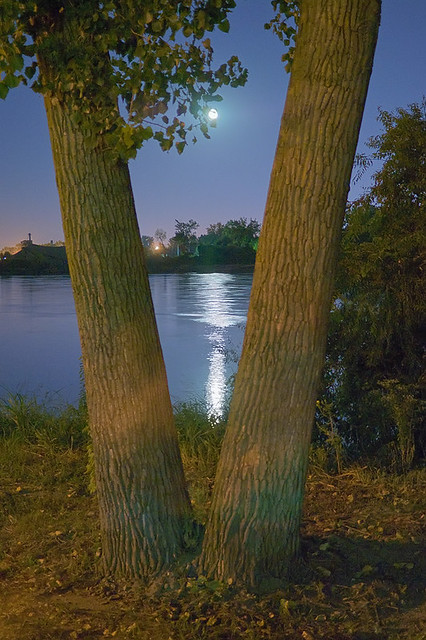
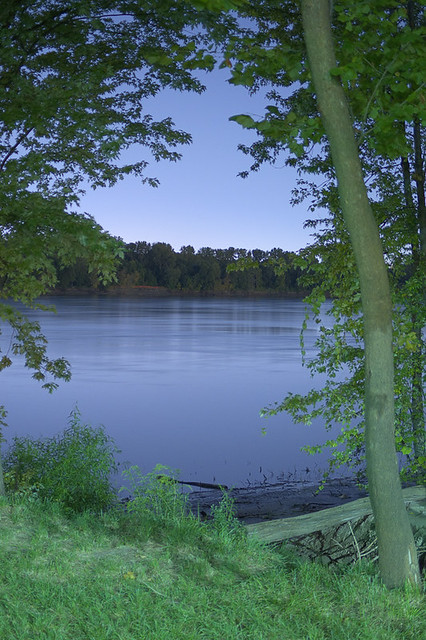
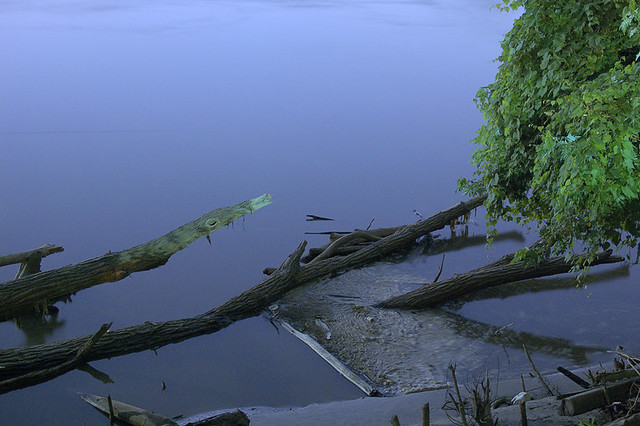
The Association of Hebrew Catholics is hosting a conference, You Shall Be My Witnesses, which will explore the Jewish roots of the Catholic faith, and the role of the Hebrew Catholic in the Catholic Church today (according to Romans 9-11). The conference will be held on Oct 1-3 at the Renaissance Hotel near the airport.
Archbishop Raymond Burke was interviewed this past summer on these and related topics, and his fundamental and profound remarks will be presented as a video during the conference. Other speakers include Sister Rosalind Moss, Roy Schoeman (author of Salvation Is from the Jews), David Moss (President of the Association of Hebrew Catholics in St. Louis), Dr. Lawrence Feingold, assistant professor of theology with Ave Maria University, and Taylor Marshall, author of The Crucified Rabbi.
For more information and to print the registration form, see www.hebrewcatholic.org and follow the links, or call 314-535-4242 or 314-423-1075.
There are discounts for those under 26, and family discounts.
A flier and registration form is attached for your convenience. Hotel rooms have been reserved for those who would like to stay on site.


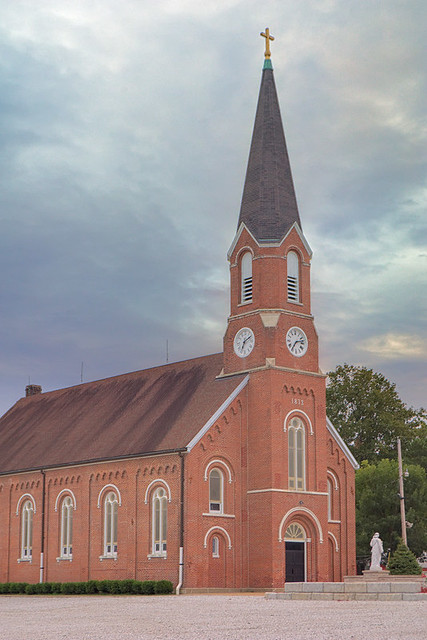
The community now known as Josephville began in the early l800s as a mail stop and mercantile known as Schmuckers Store in Allen’s Prairie. The land was ceded through a Federal Grant under President Martin Van Buren by Joseph Allen in about 1837. Allen settled on a farm and, along with a group of other French and English settlers from the Virginias, made improvements to the land, erected buildings, then sold the land and moved on. The majority of permanent settlers were German immigrants who were able to purchase the land for $1.25 per acre.
One of these immigrants was Anton Kersting, who purchased the Allen property. In 1848 a parish began to organize when Kersting held church services in his log home, a home which stands today on Hwy P. It was about this time that the area began to be known as Josephville.
In 1852 Kersting donated 10 acres of farmland to the congregation for a parish. A log church, 26 by 59 feet, was constructed. The first pastor of record was Father John Beotzkes. The first baptism occurred in 1857 with the christening of Gerald Brune, son of Christopher Brune and Katherine Kuhlmann.
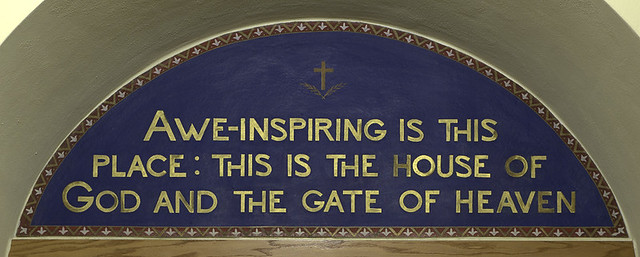
Father Theodore Krainhardt came to Josephville in 1868, and in 1870 the cornerstone for a new church was laid. Construction continued through 1872.
St. Joseph Church has been referred to as “the oldest homemade church in the area". This is because clay for the bricks was dug from “the brick yard pond,” an area of red clay on the farm located across the road from the church. The bricks were baked “on the spot” on Leonard Rothermich’s farm at a cost of $4 per thousand. Lumber for the church floors and communion rail came from the trees of parishioners’ farms.
Local masons and carpenters performed the work, and on October 6, 1872, the new church was dedicated by Rev. Henry Muehlsiepen, Vicar General of the Archdiocese of St. Louis.
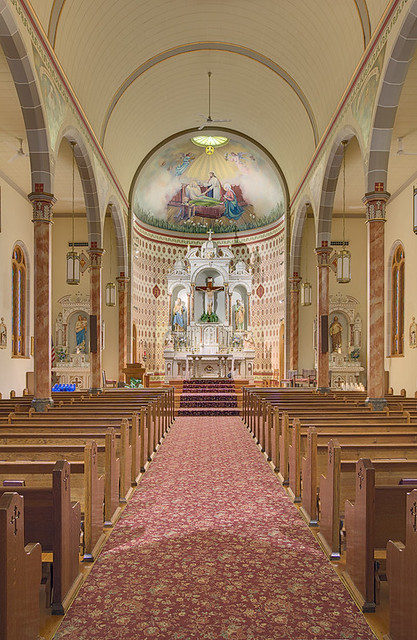
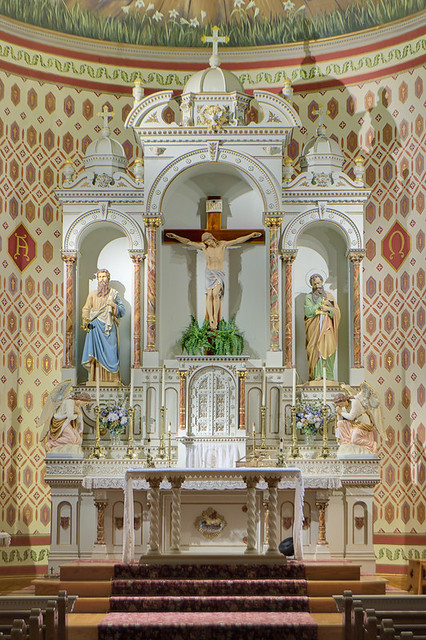
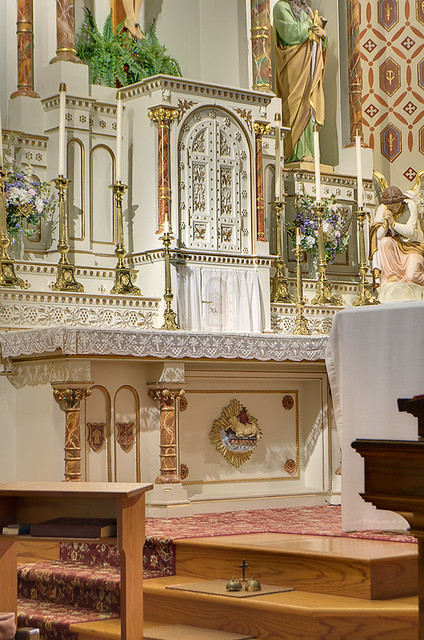
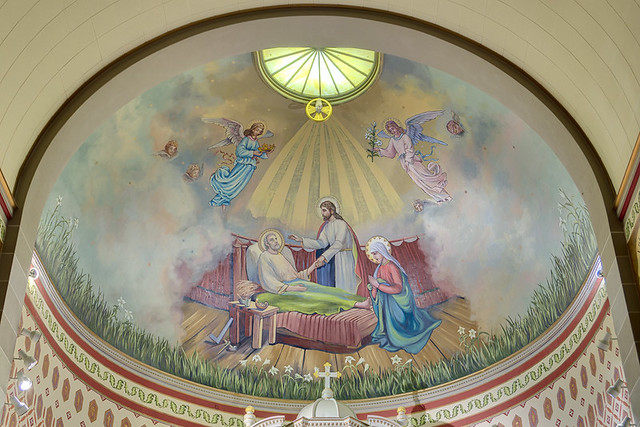
The mural, as the story goes, was originally painted by a traveling artist who appeared unsolicited and offered to paint the domed ceiling. After completing the work, the artist left the area before the negotiated fee could be paid and without signing the painting. This generous artist remains anonymous today, lending an air of divine origination to the painting.In 1991, parishioners restored this painting.
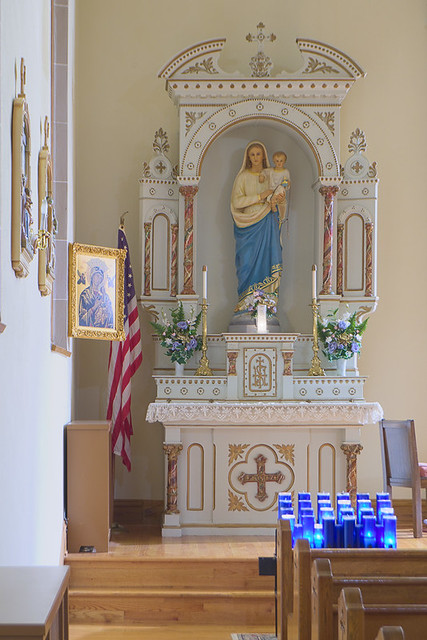
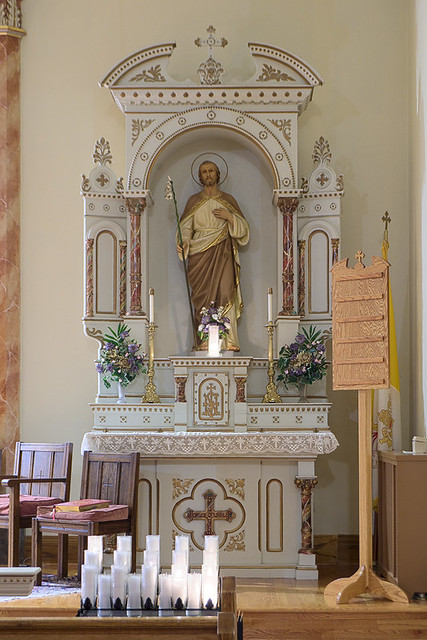
against hesitation or doubt, bursars, cabinetmakers, Canadian Armed Forces, carpenters, civil engineers, confectioners, craftsmen, dying people, emigrants, expectant mothers, families, fathers, happy and holy death, house hunters, immigrants, interior souls, laborers, married people, people who fight Communism, pioneers, social justice, travelers, unborn children, the Universal Church, the Second Vatican Council, wheelwrights, and workers, as well as the Americas, Austria, Belgium, Bohemia, Canada, China, Croatia, the Koreas, Mexico, New France, Peru, and Viet Nam.
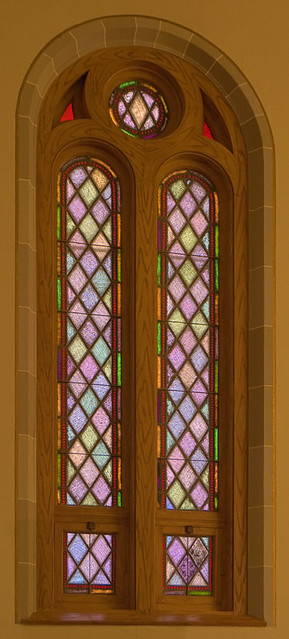
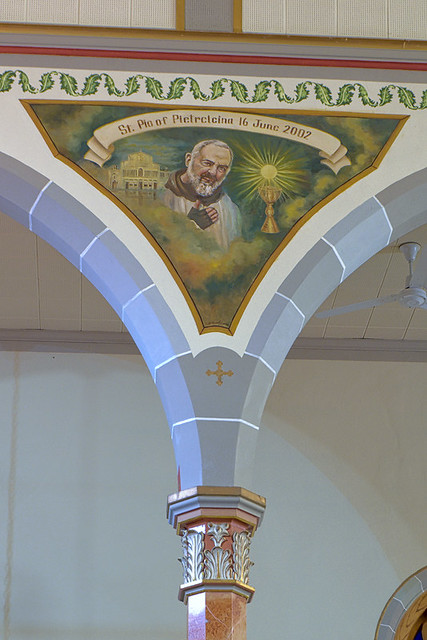
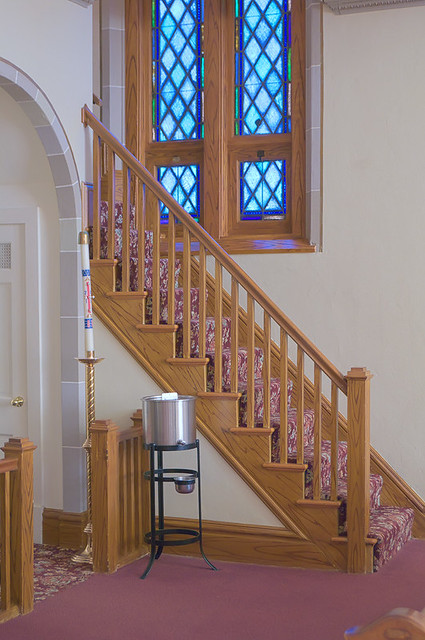
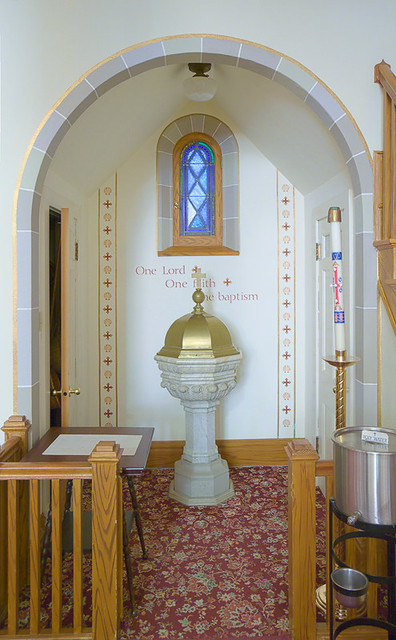
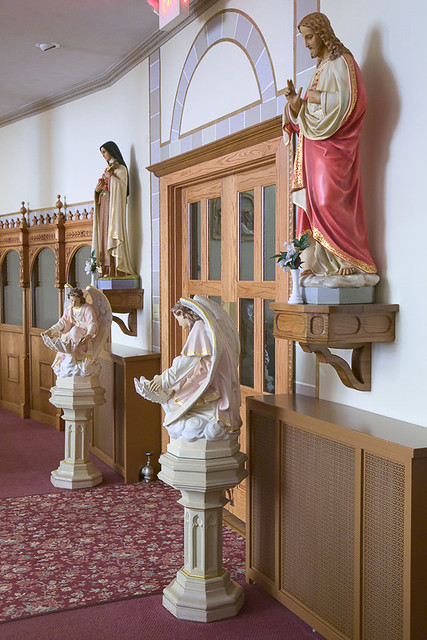
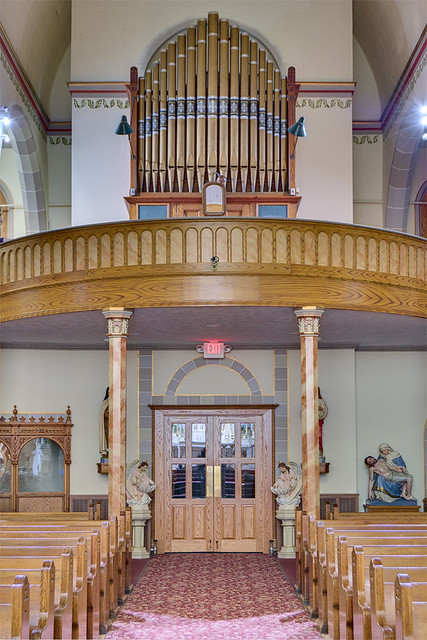
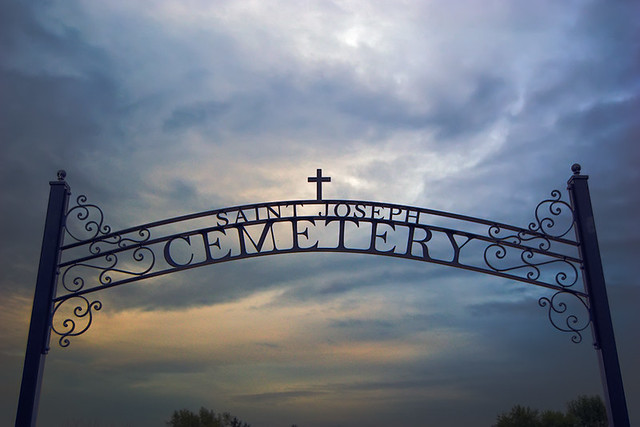
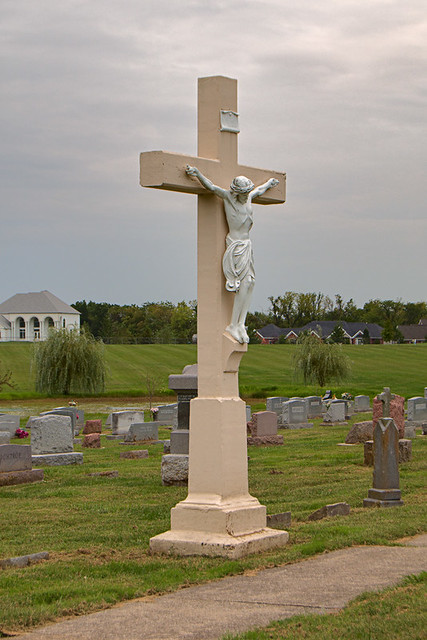
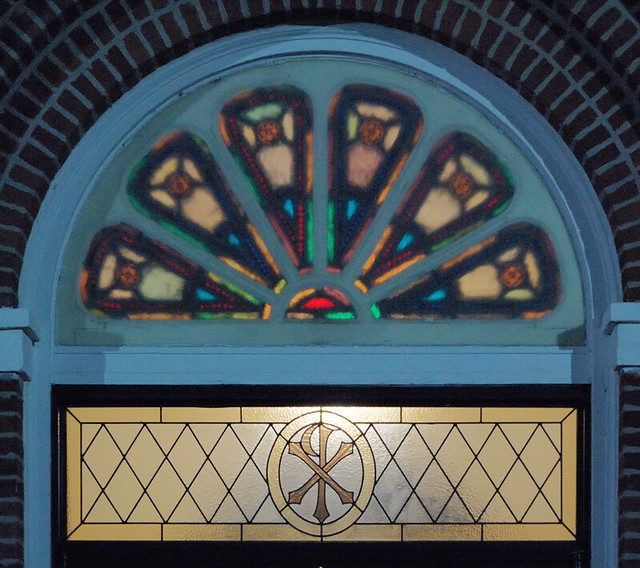
“I want a laity, not arrogant, not rash in speech, not disputatious, but men who know their religion, who enter into it, who know just where they stand, who know what they hold and what they do not, who know their creed so well that they can give an account of it, who know so much of history that they can defend it”— Blessed John Henry Cardinal Newman, as quoted by Pope Benedict XVI on the occasion of Newman's beatification, Cofton Park, Sunday, 19 September 2010 (source)
...Fidelity to the word of God, precisely because it is a true word, demands of us an obedience which leads us together to a deeper understanding of the Lord’s will, an obedience which must be free of intellectual conformism or facile accommodation to the spirit of the age. This is the word of encouragement which I wish to leave with you this evening, and I do so in fidelity to my ministry as the Bishop of Rome and the Successor of Saint Peter, charged with a particular care for the unity of Christ’s flock....— Pope Benedict XVI, Westminster Abbey, Friday, 17 September 2010 (source)
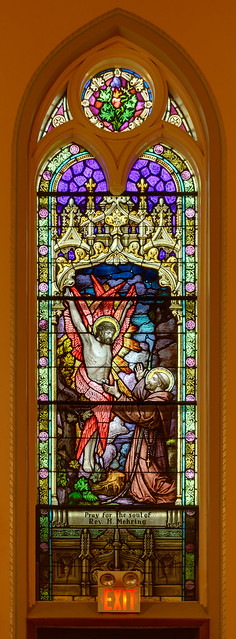
... The name of Holyroodhouse, Your Majesty’s official residence in Scotland, recalls the "Holy Cross" and points to the deep Christian roots that are still present in every layer of British life. The monarchs of England and Scotland have been Christians from very early times and include outstanding saints like Edward the Confessor and Margaret of Scotland. As you know, many of them consciously exercised their sovereign duty in the light of the Gospel, and in this way shaped the nation for good at the deepest level. As a result, the Christian message has been an integral part of the language, thought and culture of the peoples of these islands for more than a thousand years. Your forefathers’ respect for truth and justice, for mercy and charity come to you from a faith that remains a mighty force for good in your kingdom, to the great benefit of Christians and non-Christians alike.— Pope Benedict XVI, Palace of Holyrood House, Edinburgh, Thursday, 16 September 2010 (source)
We find many examples of this force for good throughout Britain’s long history. Even in comparatively recent times, due to figures like William Wilberforce and David Livingstone, Britain intervened directly to stop the international slave trade. Inspired by faith, women like Florence Nightingale served the poor and the sick and set new standards in healthcare that were subsequently copied everywhere. John Henry Newman, whose beatification I will celebrate shortly, was one of many British Christians of his age whose goodness, eloquence and action were a credit to their countrymen and women. These, and many people like them, were inspired by a deep faith born and nurtured in these islands.
Even in our own lifetime, we can recall how Britain and her leaders stood against a Nazi tyranny that wished to eradicate God from society and denied our common humanity to many, especially the Jews, who were thought unfit to live. I also recall the regime’s attitude to Christian pastors and religious who spoke the truth in love, opposed the Nazis and paid for that opposition with their lives. As we reflect on the sobering lessons of the atheist extremism of the twentieth century, let us never forget how the exclusion of God, religion and virtue from public life leads ultimately to a truncated vision of man and of society and thus to a "reductive vision of the person and his destiny" (Caritas in Veritate, 29) ...
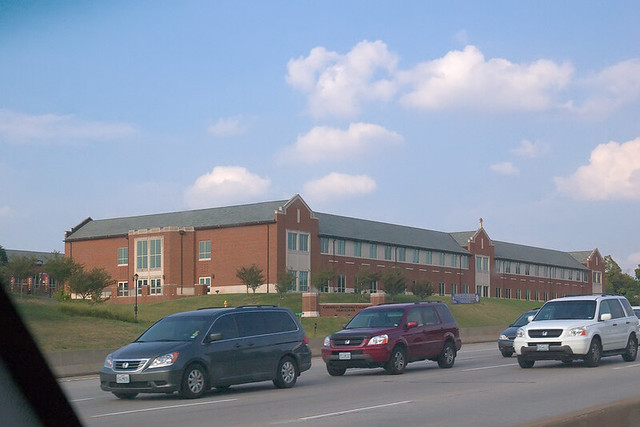
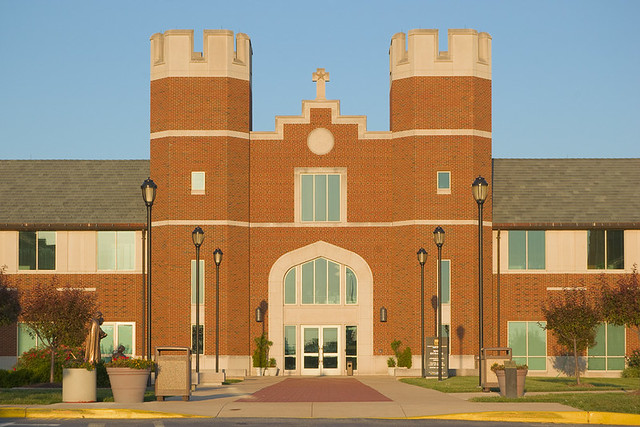
Christian Brothers College High School was founded in 1850 when the first school was established at Eighth and Cerre Streets in downtown Saint Louis. By 1855, the school became the first establishment of the Brothers to function on the collegiate level when the state of Missouri granted Christian Brothers College a college charter. This would be the first college of the Brothers in America.The school was designed by Mackey Mitchell Architects.
Rapid industrialization following the Civil War forced the school to build a new facility. The Brothers purchased 30 acres of land for $50,000 near the intersection of Kingshighway and Easton (now Dr. Martin Luther King Drive.) By 1882, the new school was ready for students and by 1889, CBC had established a reputation as one of the finest schools in Saint Louis.
The new campus was quite opulent. Its five-story structure contained a library with more than 40,000 volumes and manuscripts, four grand parlors and reception rooms, a 1,000 seat auditorium, and a steam elevator. But in October 1916, a fire ravaged the building and insurance at the time was insufficient to cover the estimated $275,000 in damage. The property was sold, and with the help of the Saint Louis Archdiocese, another campus was established on what was then farmland in Clayton, Missouri. That campus opened in 1922 and would serve as the school’s home for more than 82 years. Given the age of the building, inadequate parking, lack of practice fields and space considerations, the Board of Directors made the decision to build a new facility on land donated by a prominent alumnus.
In September 2003, CBC opened its fourth campus near the intersection of I-270 and I-64/U.S. 40 – one of the heaviest traveled intersections in the metropolitan area.
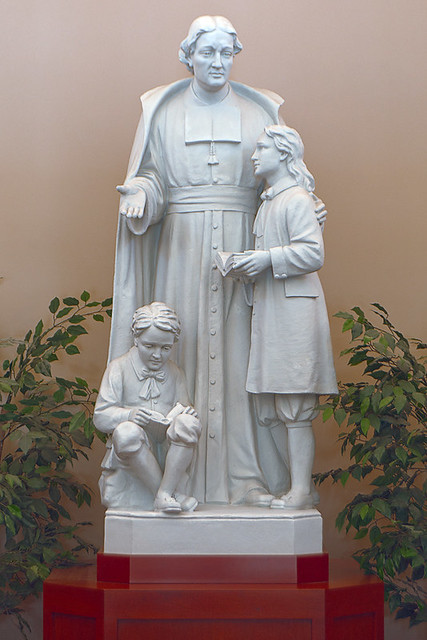
Jansenism had gained the ascendancy in France and spread broadcast its pernicious doctrines; it fostered internal dissensions and promoted Gallicanism, to the great detriment of the Faith and of loyalty to the Holy See. In the social order, a spirit of exaggerated independence was abroad, condemning authority or thrusting it aside. When such conditions prevailed in the upper classes, one may well ask, what must have been the condition of the masses? The incessant foreign and internal wars, with their consequent evils, told with disastrous effect upon the people. Exorbitant demands on the part of army officials, the violence of the soldiery, the rapine of supervisors, the wholesale plunder of crops, followed by famine and ruin, left whole provinces of France under the weight of terrible sufferings and untold misery. The peasants frequently had no bread, and when they had it the circumstances were such as to deprive them of any hope of sustenance for the morrow. Even when the gloom of internal turmoil had been momentarily brightened by the splendid victories abroad, the sad effect of the glory of the reign of Louis XIV made the mourning in cottages only the more bitter owing of the loss of the loved ones on foreign battlefields. Evidently, morals among the masses under these dire circumstances were threatened with ruin, as were the social and economic conditions; for false doctrines were spread and took hold among the people, destroying their faith and stultifying their consciences. Schools there were, but they were poorly attended and shamefully neglected. The children and the people generally were ignorant, and vice, according to contemporary authorities, was rampant among all classes. De la Salle carefully studied these conditions and, moved to compassion for the poor, resolved to improve their social and moral status. The founder grasped the situation and proposed as a remedy, popular free schools thoroughly graded and supplied with zealous teachers, who would implant in the hearts of the children the germs of those virtues that would tend towards the regeneration of both the pupils and the parents. He saw that a religious congregation composed of enlightened men, eager for the salvation of souls, could alone stem the tide of irreligion, vice, and ignorance.
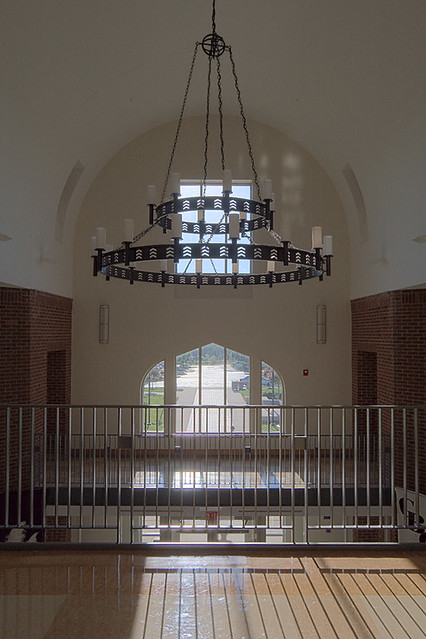

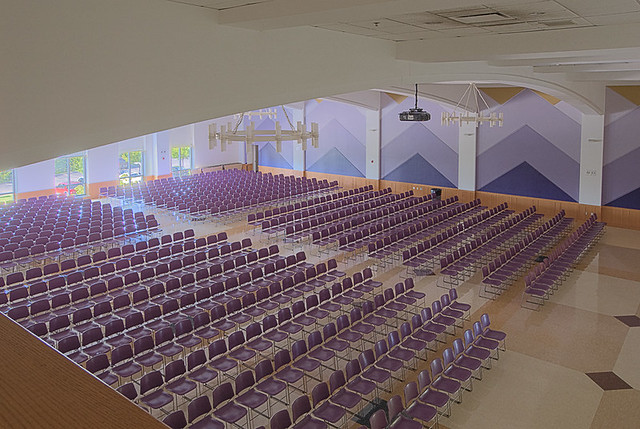
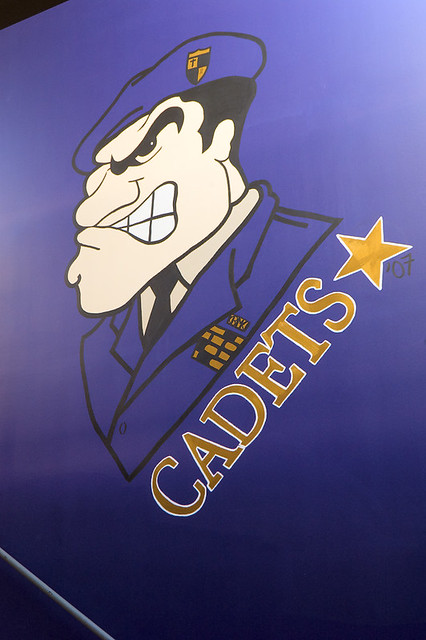
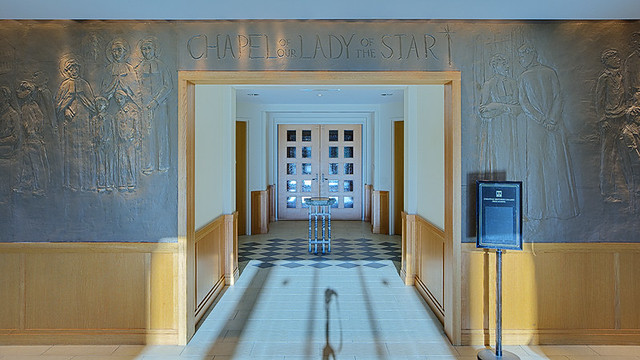
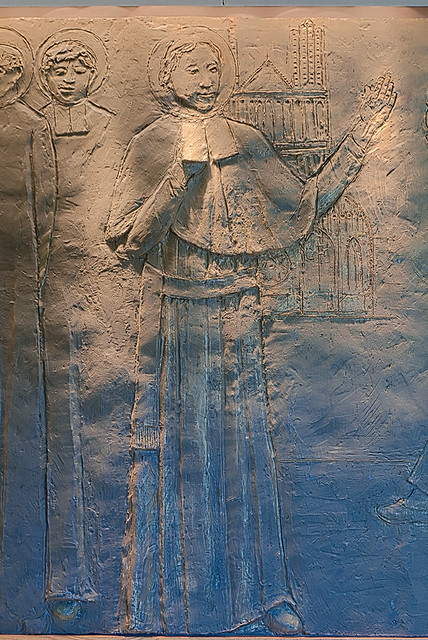
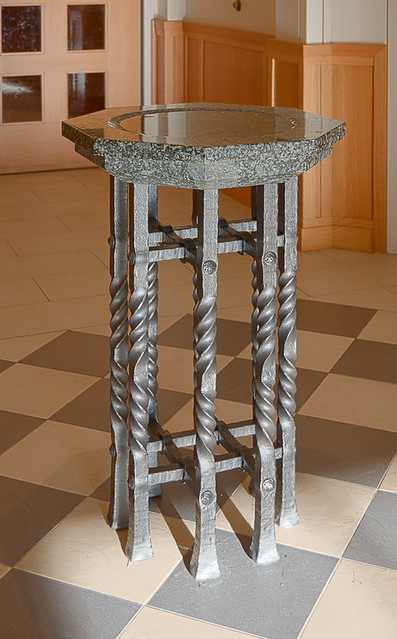
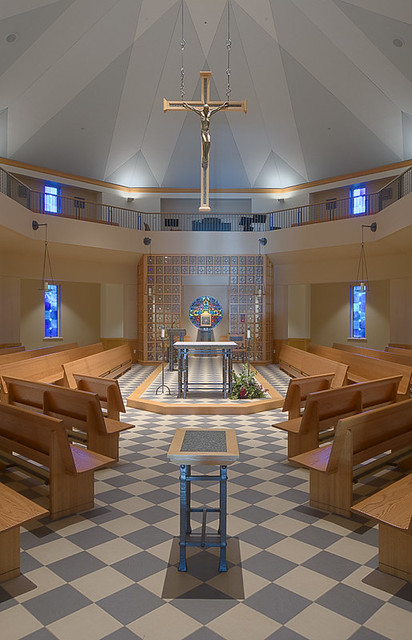
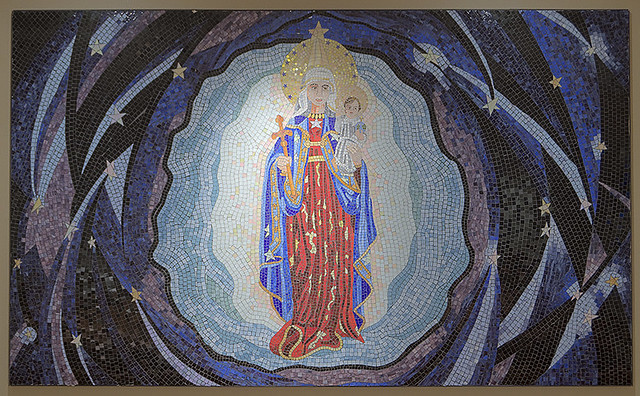
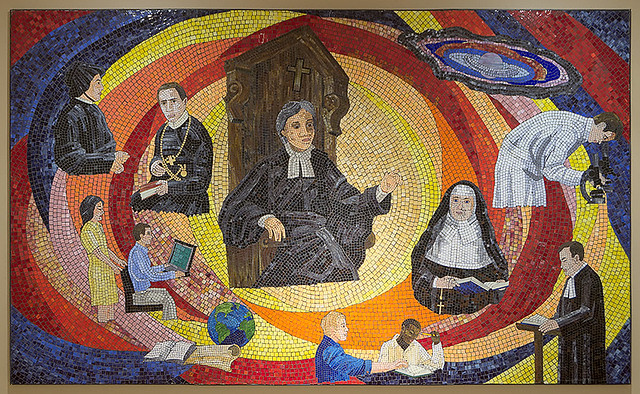
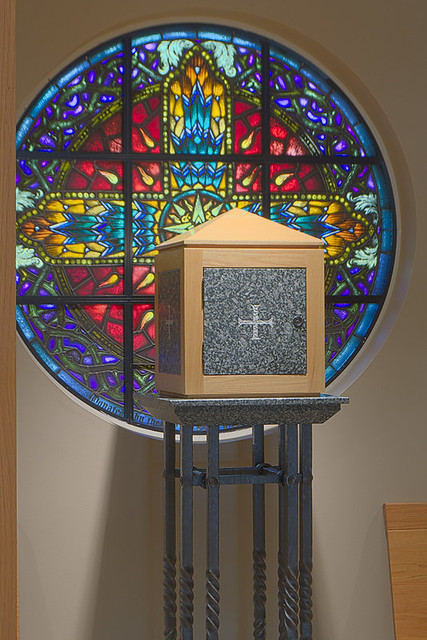
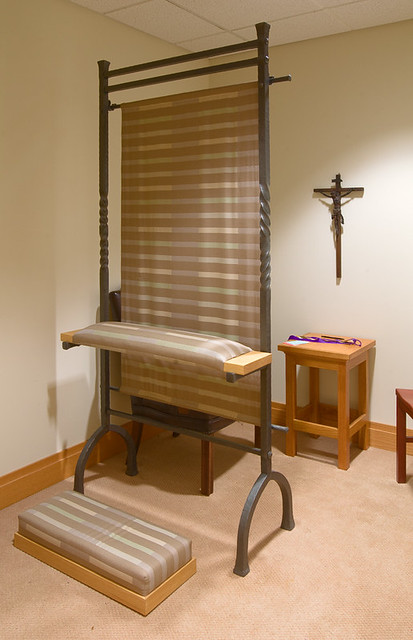
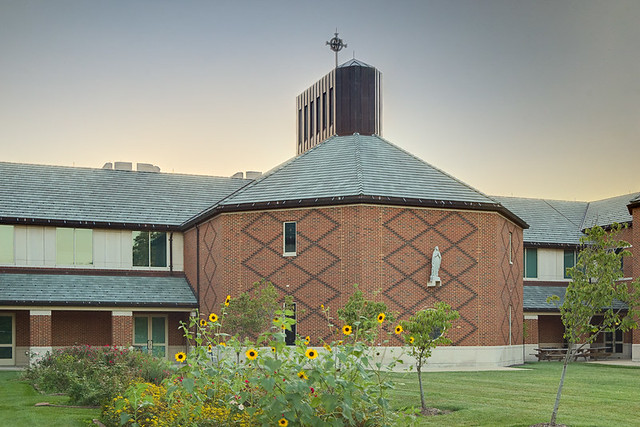
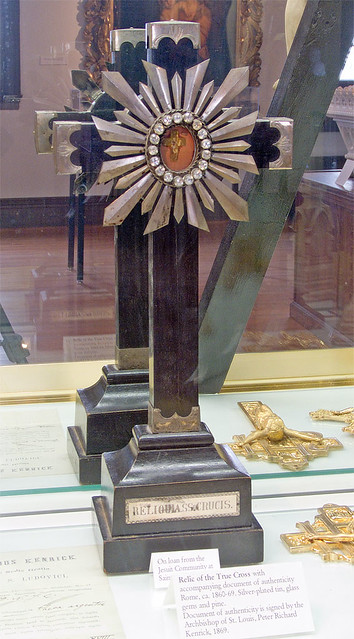
By the sign of the holy Cross, O Lord, protect Thy people from the wiles of all our enemies that we may be able to do Thee worthy service, and that our sacrifice may be well-pleasing in Thy sight.
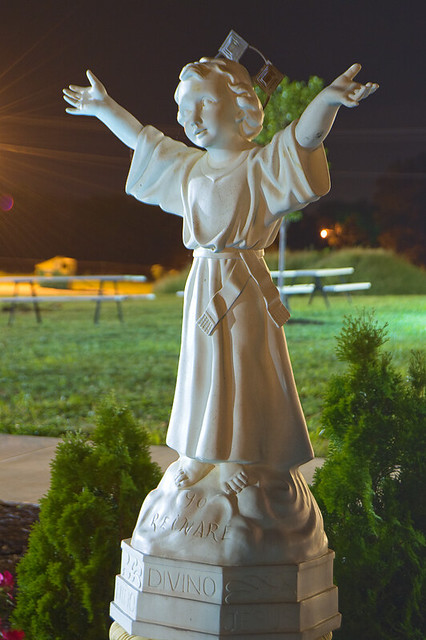
“...cursed is the earth in your work: with labour and toil shall you eat thereof all the days of your life. Thorns and thistles shall it bring forth to you, and you shall eat the herbs of the earth. In the sweat of your face shall you eat bread till you return to the earth out of which you were taken: for dust you are, and into dust you shall return.” (Genesis 3)Labor, we must expect, will never be pleasant and without its burdens. But we have been redeemed, and we ought to expect that this redemption — if we cooperate with it — will make even difficult burdens light. But contemporary man does not believe in a Redeemer, nor the need to be redeemed; he seeks comfort and complains greatly under burdens — although he often does not mind placing burdens upon other people.
"I will tell you," said the policeman slowly. "This is the situation: The head of one of our departments, one of the most celebrated detectives in Europe, has long been of opinion that a purely intellectual conspiracy would soon threaten the very existence of civilisation. He is certain that the scientific and artistic worlds are silently bound in a crusade against the Family and the State. He has, therefore, formed a special corps of policemen, policemen who are also philosophers. It is their business to watch the beginnings of this conspiracy, not merely in a criminal but in a controversial sense. I am a democrat myself, and I am fully aware of the value of the ordinary man in matters of ordinary valour or virtue. But it would obviously be undesirable to employ the common policeman in an investigation which is also a heresy hunt."— The Man Who Was Thursday: a Nightmare, by G.K. Chesterton
Syme's eyes were bright with a sympathetic curiosity.
"What do you do, then?" he said.
"The work of the philosophical policeman," replied the man in blue, "is at once bolder and more subtle than that of the ordinary detective. The ordinary detective goes to pot-houses to arrest thieves; we go to artistic tea-parties to detect pessimists. The ordinary detective discovers from a ledger or a diary that a crime has been committed. We discover from a book of sonnets that a crime will be committed. We have to trace the origin of those dreadful thoughts that drive men on at last to intellectual fanaticism and intellectual crime. We were only just in time to prevent the assassination at Hartle pool, and that was entirely due to the fact that our Mr. Wilks (a smart young fellow) thoroughly understood a triolet."
"Do you mean," asked Syme, "that there is really as much connection between crime and the modern intellect as all that?"
"You are not sufficiently democratic," answered the policeman, "but you were right when you said just now that our ordinary treatment of the poor criminal was a pretty brutal business. I tell you I am sometimes sick of my trade when I see how perpetually it means merely a war upon the ignorant and the desperate. But this new movement of ours is a very different affair. We deny the snobbish English assumption that the uneducated are the dangerous criminals. We remember the Roman Emperors. We remember the great poisoning princes of the Renaissance. We say that the dangerous criminal is the educated criminal. We say that the most dangerous criminal now is the entirely lawless modern philosopher. Compared to him, burglars and bigamists are essentially moral men; my heart goes out to them. They accept the essential ideal of man; they merely seek it wrongly. Thieves respect property. They merely wish the property to become their property that they may more perfectly respect it. But philosophers dislike property as property; they wish to destroy the very idea of personal possession. Bigamists respect marriage, or they would not go through the highly ceremonial and even ritualistic formality of bigamy. But philosophers despise marriage as marriage. Murderers respect human life; they merely wish to attain a greater fulness of human life in themselves by the sacrifice of what seems to them to be lesser lives. But philosophers hate life itself, their own as much as other people's."
Syme struck his hands together.
"How true that is," he cried. "I have felt it from my boyhood, but never could state the verbal antithesis. The common criminal is a bad man, but at least he is, as it were, a conditional good man. He says that if only a certain obstacle be removed—say a wealthy uncle—he is then prepared to accept the universe and to praise God. He is a reformer, but not an anarchist. He wishes to cleanse the edifice, but not to destroy it. But the evil philosopher is not trying to alter things, but to annihilate them. Yes, the modern world has retained all those parts of police work which are really oppressive and ignominious, the harrying of the poor, the spying upon the unfortunate. It has given up its more dignified work, the punishment of powerful traitors in the State and powerful heresiarchs in the Church. The moderns say we must not punish heretics. My only doubt is whether we have a right to punish anybody else."
"But this is absurd!" cried the policeman, clasping his hands with an excitement uncommon in persons of his figure and costume, "but it is intolerable! I don't know what you're doing, but you're wasting your life. You must, you shall, join our special army against anarchy. Their armies are on our frontiers. Their bolt is ready to fall. A moment more, and you may lose the glory of working with us, perhaps the glory of dying with the last heroes of the world."
"It is a chance not to be missed, certainly," assented Syme, "but still I do not quite understand. I know as well as anybody that the modern world is full of lawless little men and mad little movements. But, beastly as they are, they generally have the one merit of disagreeing with each other. How can you talk of their leading one army or hurling one bolt. What is this anarchy?"
"Do not confuse it," replied the constable, "with those chance dynamite outbreaks from Russia or from Ireland, which are really the outbreaks of oppressed, if mistaken, men. This is a vast philosophic movement, consisting of an outer and an inner ring. You might even call the outer ring the laity and the inner ring the priesthood. I prefer to call the outer ring the innocent section, the inner ring the supremely guilty section. The outer ring—the main mass of their supporters—are merely anarchists; that is, men who believe that rules and formulas have destroyed human happiness. They believe that all the evil results of human crime are the results of the system that has called it crime. They do not believe that the crime creates the punishment. They believe that the punishment has created the crime. They believe that if a man seduced seven women he would naturally walk away as blameless as the flowers of spring. They believe that if a man picked a pocket he would naturally feel exquisitely good. These I call the innocent section."
"Oh!" said Syme.
"Naturally, therefore, these people talk about 'a happy time coming'; 'the paradise of the future'; 'mankind freed from the bondage of vice and the bondage of virtue,' and so on. And so also the men of the inner circle speak—the sacred priesthood. They also speak to applauding crowds of the happiness of the future, and of mankind freed at last. But in their mouths"—and the policeman lowered his voice—"in their mouths these happy phrases have a horrible meaning. They are under no illusions; they are too intellectual to think that man upon this earth can ever be quite free of original sin and the struggle. And they mean death. When they say that mankind shall be free at last, they mean that mankind shall commit suicide. When they talk of a paradise without right or wrong, they mean the grave.
"They have but two objects, to destroy first humanity and then themselves. That is why they throw bombs instead of firing pistols. The innocent rank and file are disappointed because the bomb has not killed the king; but the high-priesthood are happy because it has killed somebody."